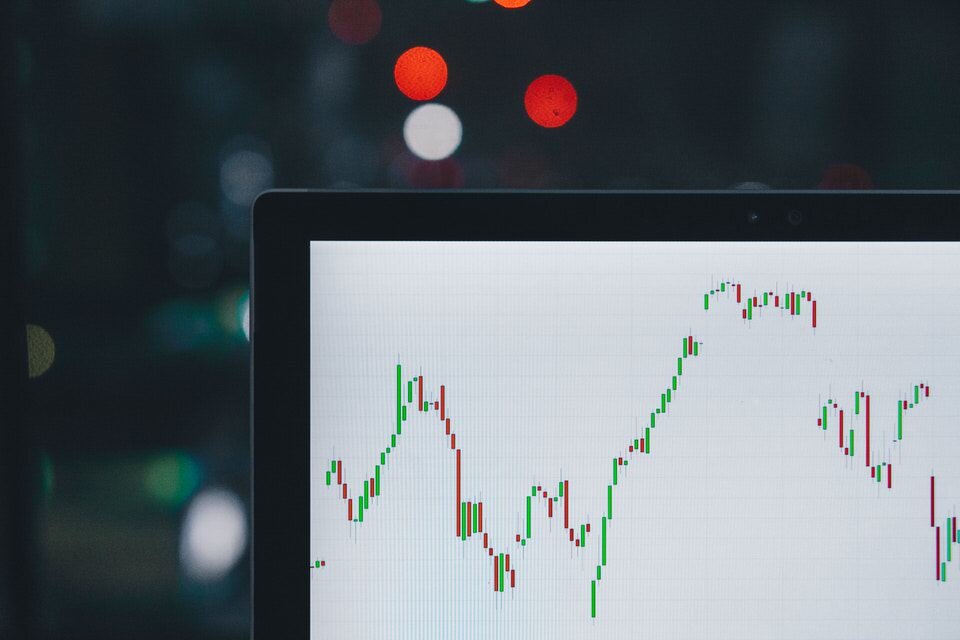Harken Inc., a leading manufacturer and marketer of quality sailboat hardware and accessories and formerly owned family business, has been sold to is newly-formed ESOP.
Read MoreOur recent ESOP Topics Survey gathered data from 160 ESOP companies on how they're handling the COVID-19 crisis and other issues, including questions about their turnover rates in 2019. The surveyed ESOP companies reported dramatically lower turnover than overall national averages.
Read MoreThe Board of Directors of The Procter & Gamble Company (NYSE:PG) declared a quarterly dividend of $0.7907 per share on the Common Stock and on the Series A and Series B ESOP Convertible Class A Preferred Stock of the Company, payable on or after August 17, 2020…
Read MoreMALTA — Stewart's Shops said Tuesday it distributed an additional Employee Stock Ownership Plan dividend to its participating employees. The amount represents 4.5 percent of employees' ESOP balance at the end of 2019.
Read MoreA local software company is now owned by its employees.
Caesar Creek Software, a Miamisburg-based firm that provides research and development services to the federal government and defense contractors,…
Read MoreWhen the COVID-19 pandemic hit, Orem, Utah-based Mountainland Supply President and CEO Brent Anderson quickly went on the offensive.
And the No. 1 goal: Keep Mountainland Contractors Supply Group (the holding company that Mountainland Supply is part of) and its 470 employee [owners] strong so it can continue providing top-notch service to customers throughout the distributor's 25 locations in Utah, Idaho and Wyoming.
Read MoreAfter the bruising crises we're now going through, it would be wonderful if we could somehow emerge a fairer nation. One possibility is to revive an old idea: sharing the profits.
The original idea for businesses to share profits with workers emerged from the tumultuous period when America shifted from farm to factory. In December 1916, the Bureau of Labor Statistics issued a report on profit-sharing, suggesting it as a way to reduce the "frequent and often violent disputes" between employers and workers, thereby "fostering the development of a larger spirit of harmony and cooperation, and resulting, incidentally, in greater efficiency and larger gains."
Read MoreA Memphis-based third-party logistics provider is now fully run by its employees.
Read MoreFewer than one in 200 American companies are eligible to join Certified EO.
Read MoreThe principals of Pilot Hill Advisors, a national ESOP advisory firm, are pleased to announce that a Long Island-based client successfully completed a second-stage ESOP buyout.
Read MoreDesign Workshop, an international landscape architecture, planning and urban design firm, is pleased to announce today that it is now 100% Employee Stock Ownership Plan (ESOP) owned. Under this plan, ownership of the company is held in an ESOP Trust, is funded entirely by company contributions, and all employees participate. This is designed as a long-term retirement benefit, with the employees' accounts increasing as the value of the business increases.
Read MoreThe agreement requires Wilmington Trust to pay $80 million to 21 employee stock ownership plans (ESOPs) for which it served as trustee.
Read MoreBack at the turn of the new year, few people imagined the havoc that the COVID-19 outbreak would cause during the first quarter of 2020. The broad financial outlook has worsened, and the valuations of many companies might be dramatically affected. Where ESOPs are concerned, this means that the 12/31/19 valuation—the value communicated in 12/31/19 participant statements and used to report the fair market value of employer securities on 2019 Form 5500—does not account for the public health crisis that has transpired since then. Here are four things to consider when confronting an issue such as this one.
Read MoreOn March 27, 2020, President Trump signed into law a massive $2 trillion stimulus bill, the Coronavirus Aid, Relief, and Economic Security Act (the CARES Act or the Act), aimed at shoring up the U.S. economy in light of the disruption caused by the coronavirus pandemic. In addition to the widely discussed individual stimulus payments, the CARES Act contains extensive provisions expanding unemployment insurance, extending tax relief to individuals and employers, adopting healthcare measures, providing economic stabilization funds, and making other emergency appropriations. A number of the Act's provisions are of particular interest to companies owned by employee stock ownership plans (ESOPs).
Read MoreA common concern about ESOPs is their potentially higher level of risk for participants than a diversified 401(k) plan. As the argument runs, investments in a single company's stock carry more uncertainty than the same amount of investment in a diverse portfolio, and this risk is compounded when the company is also the investor's employer. Critics of ESOPs point to spectacular failures like Enron, where thousands of employees lost their retirement savings, ignoring that participants in 401(k) plans during steep market declines also often suffered dramatic losses.
Read MoreDPI was recognized last night with one of only three Excellence Awards. Presented with the "Excellence in Employee Relations" by Plastics News for our ESOP status and overall employee engagement.
Read MoreThe workers used an employee benefit plan that gives them ownership interest in the company for whom they work.
Read MoreAn Employee Stock Ownership Plan, or ESOP, gives employees a stake in the company through stock allocation.
Read More






